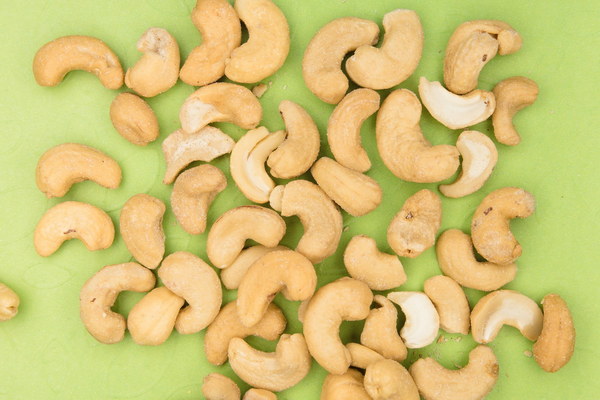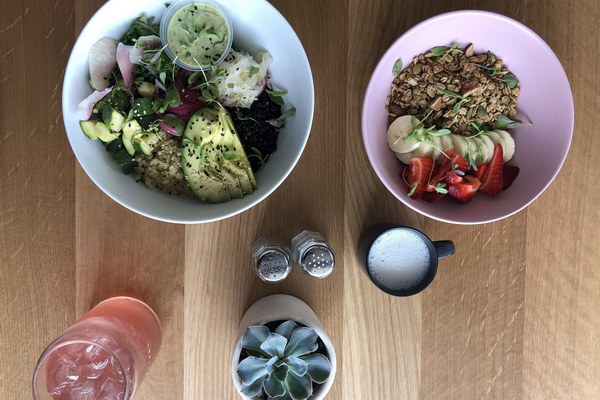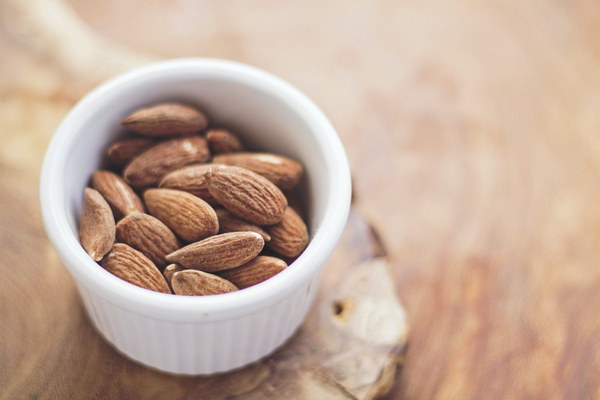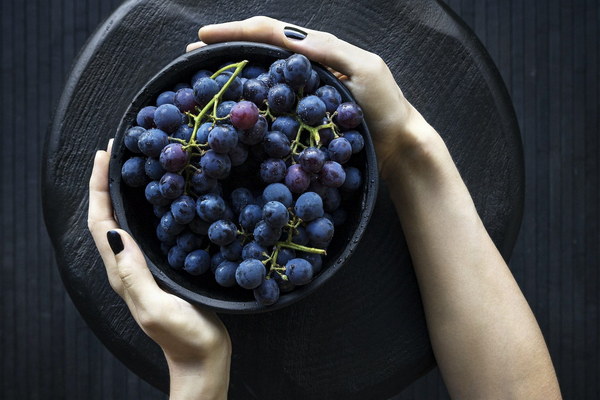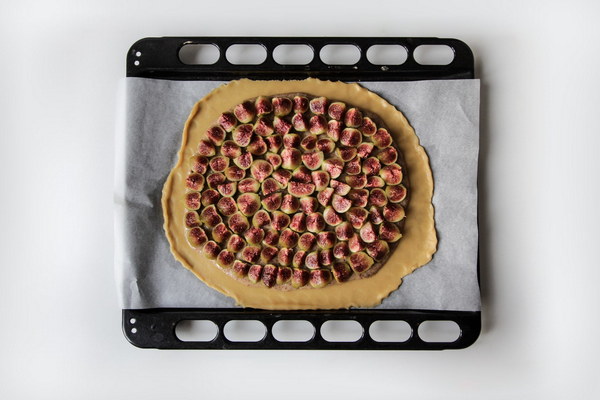Boosting Qi and Blood Nutritional Tips for Menstrual Health
Introduction:
Menstruation is a natural and vital part of a woman's life, but it can sometimes bring discomfort and weakness. During this time, it is crucial to pay attention to our nutritional needs to support our body's natural processes. One popular belief is that consuming foods that boost Qi and blood can alleviate menstrual symptoms and enhance overall health. In this article, we will explore the benefits of Qi and blood-boosting foods during menstruation and provide you with a list of nutritious options to incorporate into your diet.
I. Understanding Qi and Blood:
In traditional Chinese medicine, Qi (vital energy) and blood are fundamental components of health. Qi is believed to be the life force that animates the body and maintains its functions. Blood, on the other hand, is responsible for nourishing tissues and organs, as well as supporting the immune system.
II. Benefits of Qi and Blood-Boosting Foods During Menstruation:
During menstruation, the body experiences a loss of blood and may become more susceptible to weakness and fatigue. By incorporating Qi and blood-boosting foods into your diet, you can help alleviate these symptoms and support your overall health.
1. Improved Energy Levels:
Qi and blood-boosting foods can help replenish the body's energy reserves, reducing fatigue and weakness during menstruation.
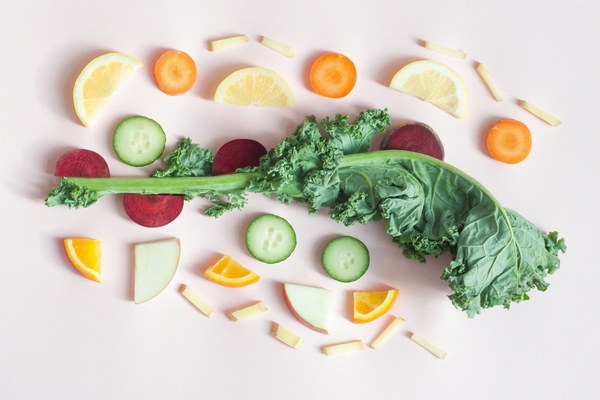
2. Alleviated Menstrual Pain:
Some studies suggest that certain nutrients found in Qi and blood-boosting foods can help alleviate menstrual pain by reducing inflammation and improving blood flow.
3. Enhanced Immune System:
A strong immune system is essential for maintaining health during menstruation. Qi and blood-boosting foods can help support the immune system, reducing the risk of infections and other complications.
III. Qi and Blood-Boosting Foods to Incorporate into Your Diet:
1. Red Meat: Rich in iron, vitamin B12, and heme iron, red meat is an excellent source of Qi and blood-boosting nutrients. Include lean cuts of beef, lamb, and pork in your diet, but be mindful of portion sizes.
2. Dark Leafy Greens: Dark leafy greens such as spinach, kale, and Swiss chard are rich in iron, calcium, and vitamin C. These nutrients help with the absorption of iron and support the production of red blood cells.
3. Beans and Legumes: Beans and legumes, such as lentils, chickpeas, and black beans, are high in iron, fiber, and protein. These nutrients help to replenish blood and provide sustained energy levels.
4. Nuts and Seeds: Almonds, walnuts, sunflower seeds, and chia seeds are great sources of iron, zinc, and omega-3 fatty acids. These nutrients support the production of red blood cells and enhance overall health.
5. Fruits and Vegetables: Fruits and vegetables rich in vitamin C, such as oranges, strawberries, bell peppers, and broccoli, can help with the absorption of iron from plant-based sources.
6. Whole Grains: Whole grains like brown rice, quinoa, and oats are high in B vitamins, fiber, and iron. These nutrients support the production of red blood cells and provide sustained energy.
7. Herbs and Spices: Herbs and spices such as turmeric, ginger, and cinnamon have anti-inflammatory properties and can help alleviate menstrual pain.
Conclusion:
Incorporating Qi and blood-boosting foods into your diet during menstruation can provide numerous health benefits, including improved energy levels, reduced menstrual pain, and a stronger immune system. By focusing on a balanced diet rich in iron, vitamin C, and other essential nutrients, you can support your body's natural processes and enhance your overall well-being. Remember to consult with a healthcare professional or nutritionist before making any significant changes to your diet.

